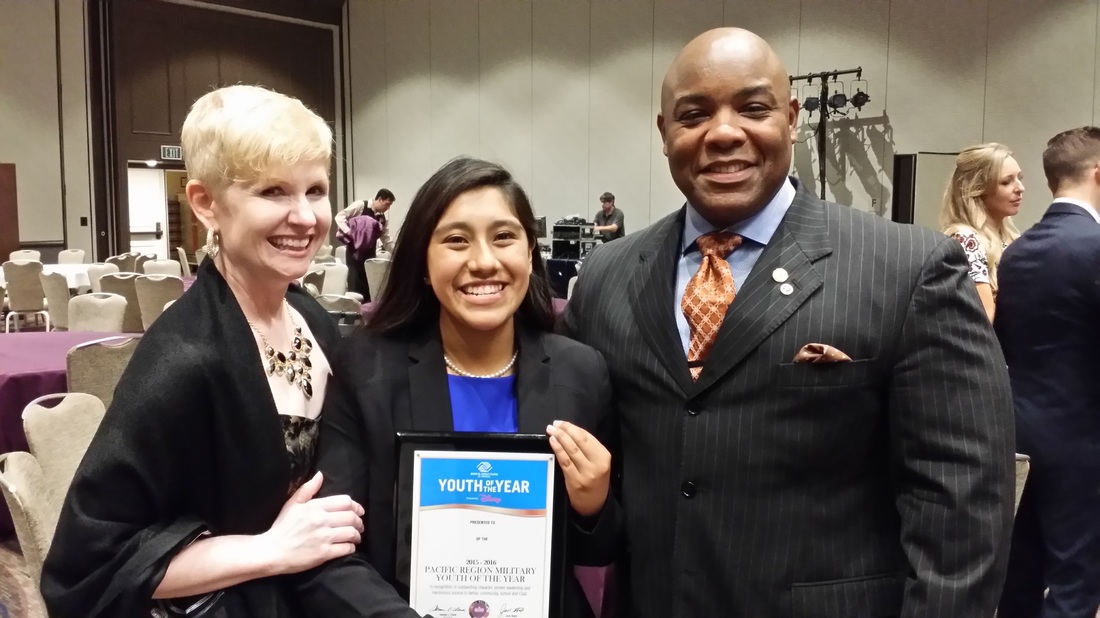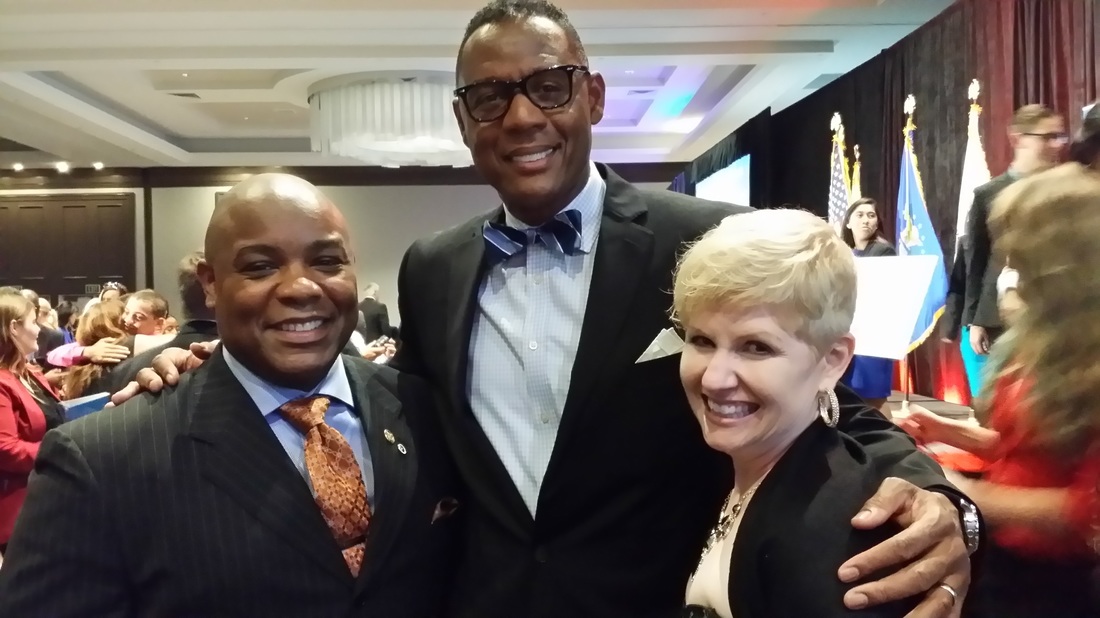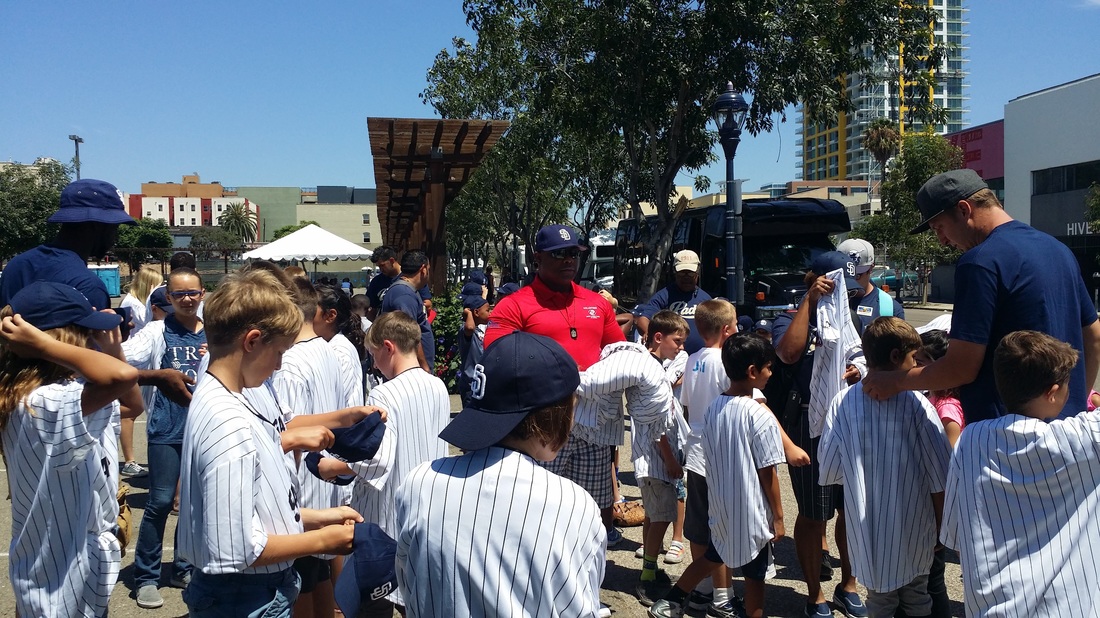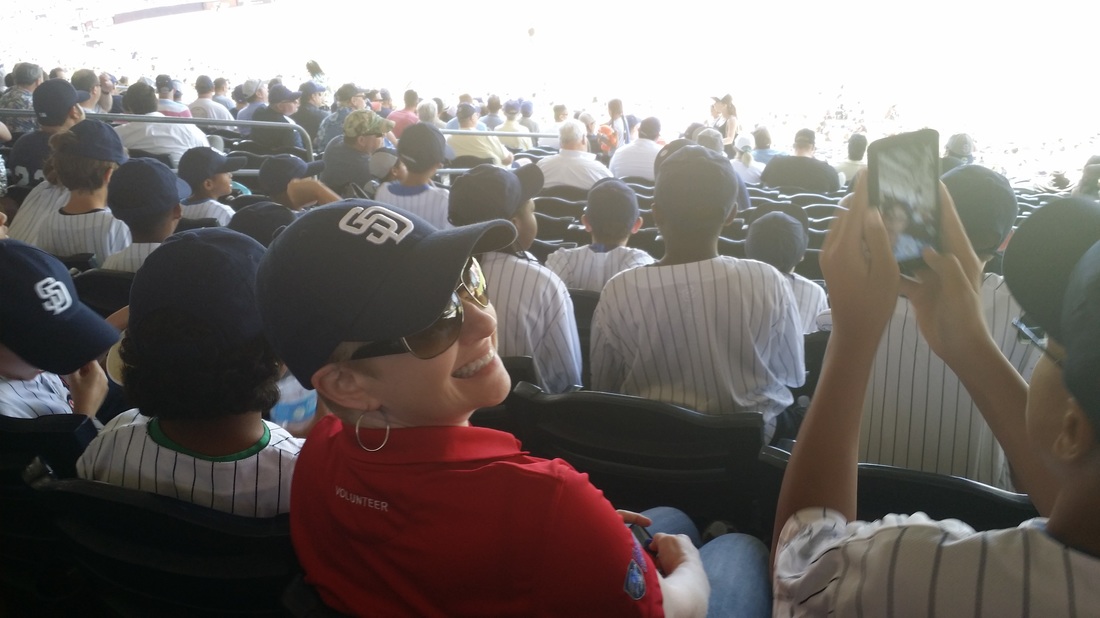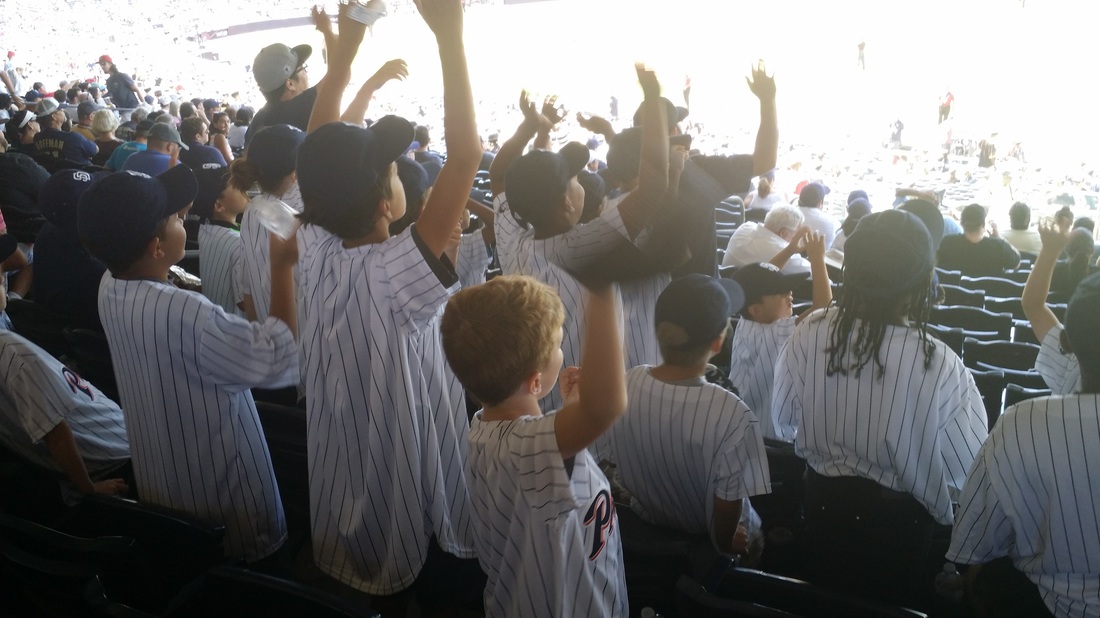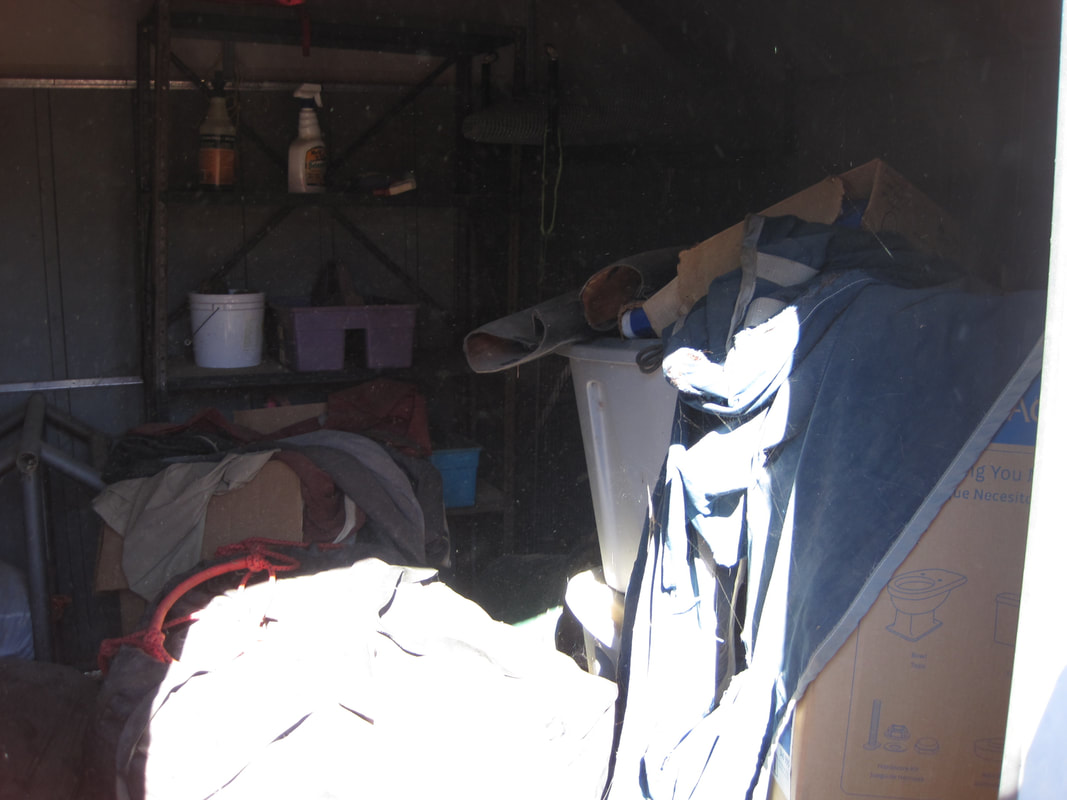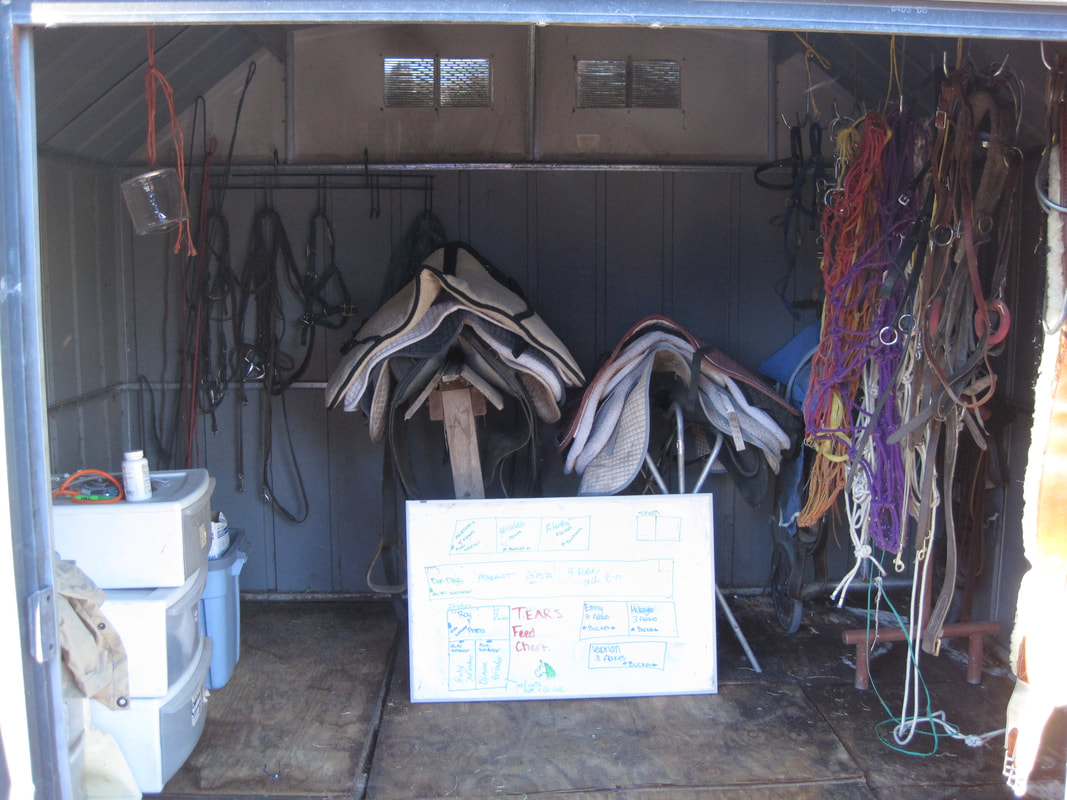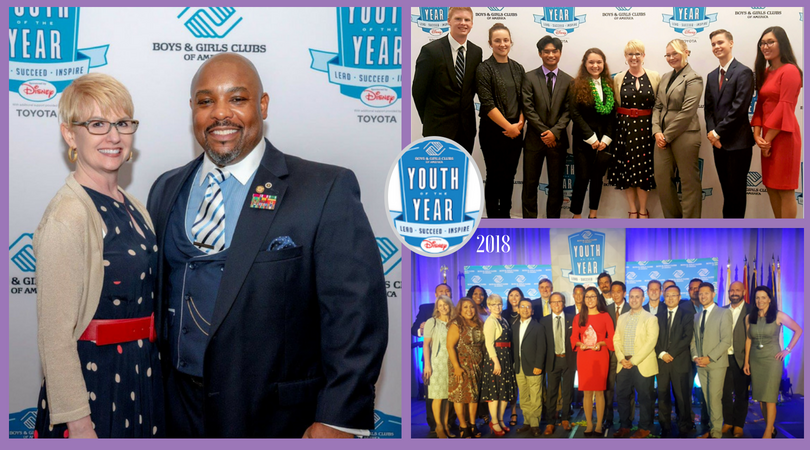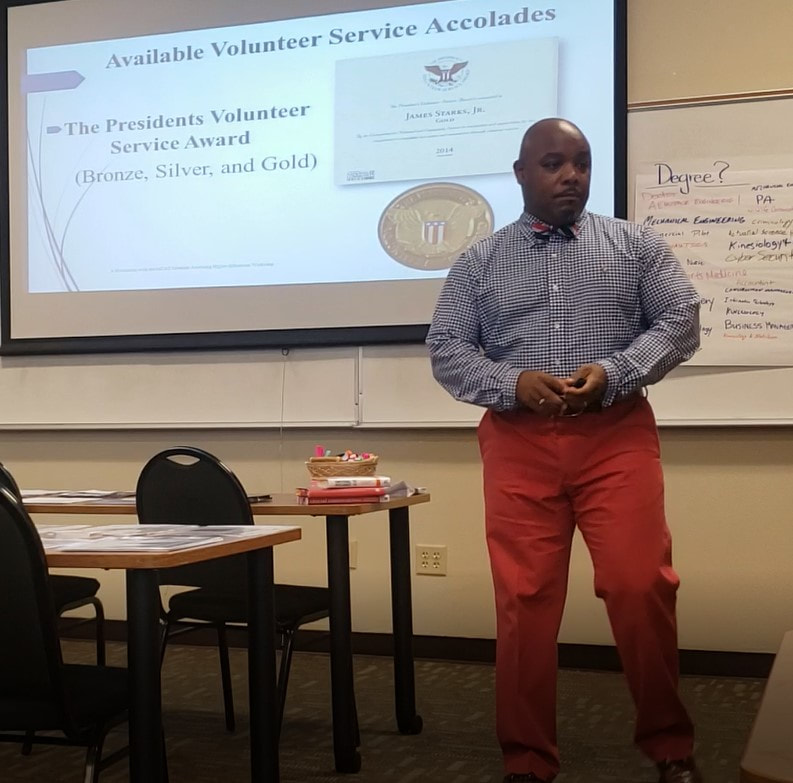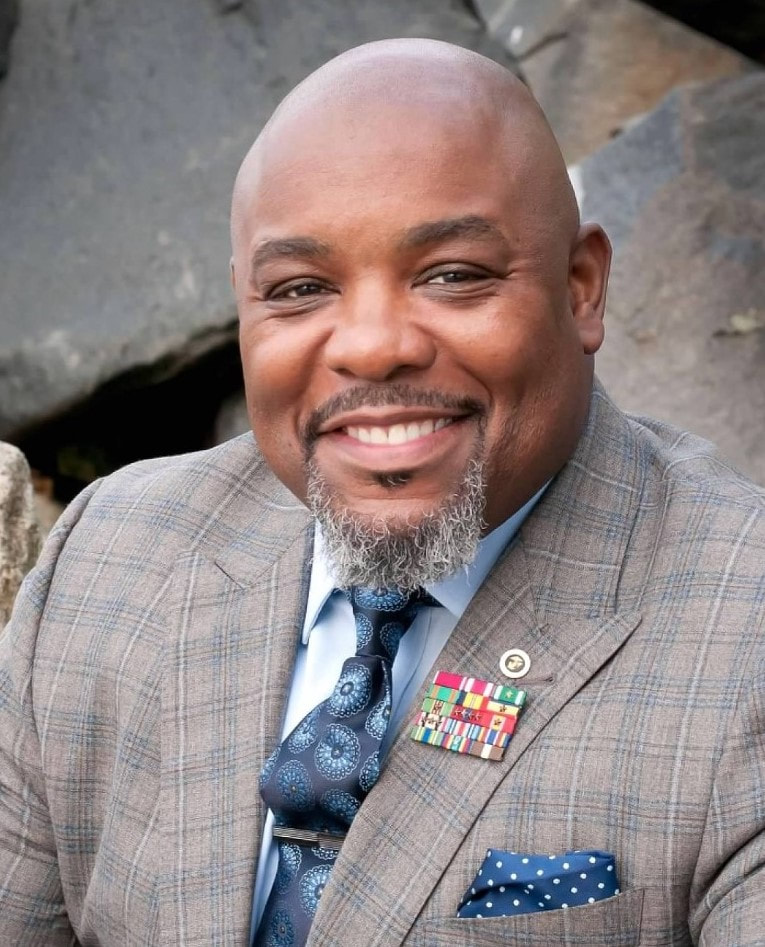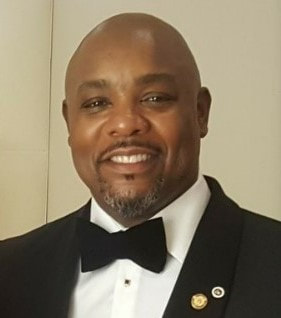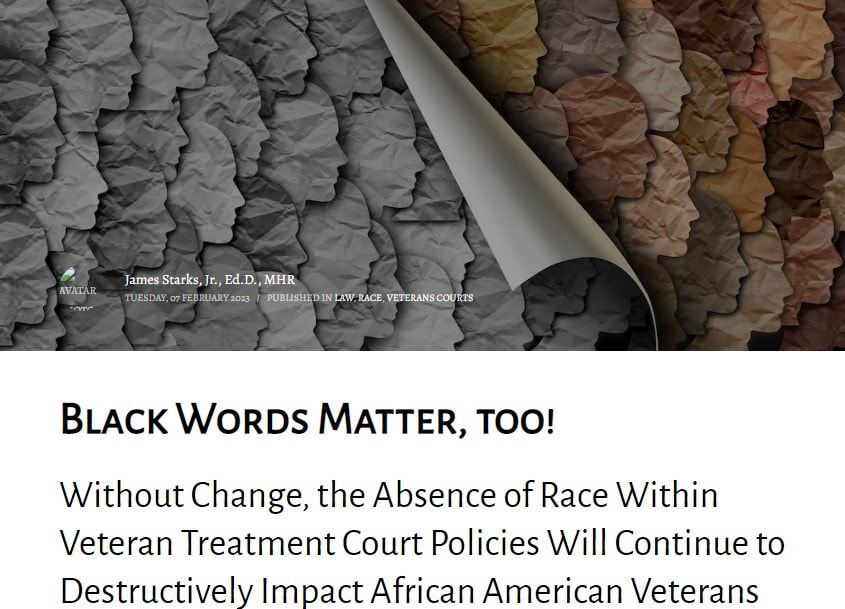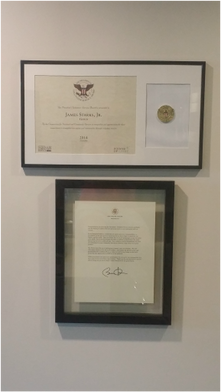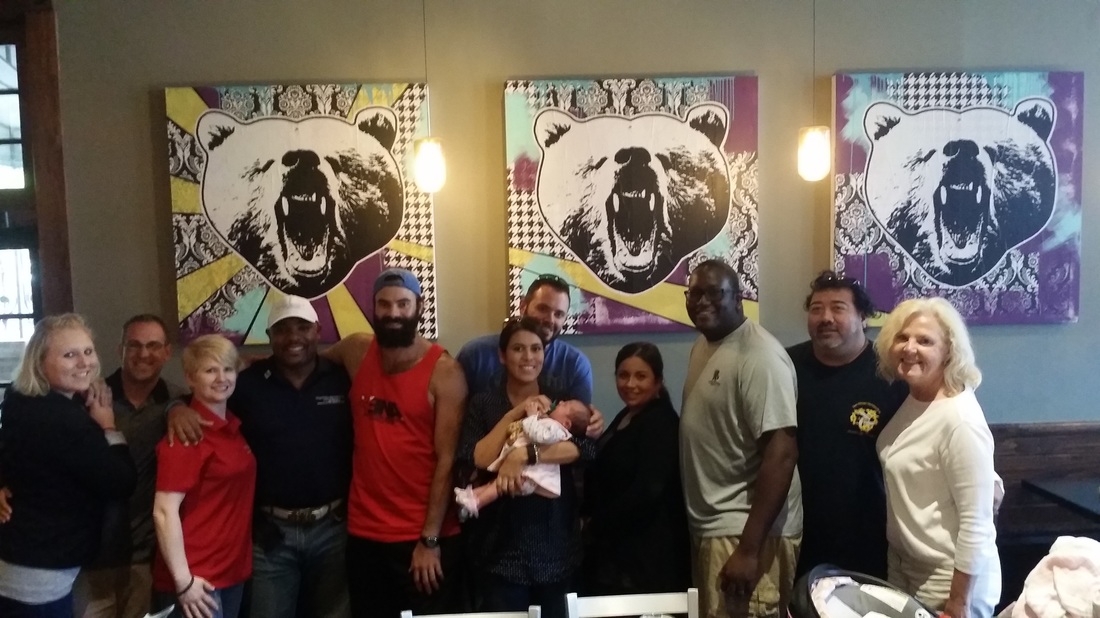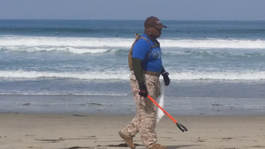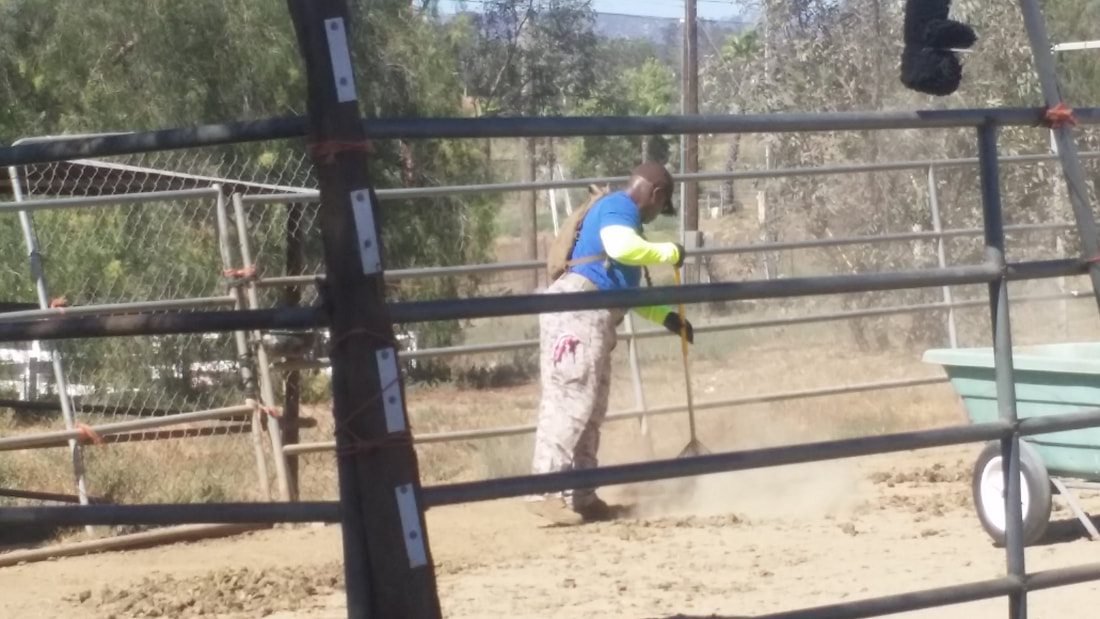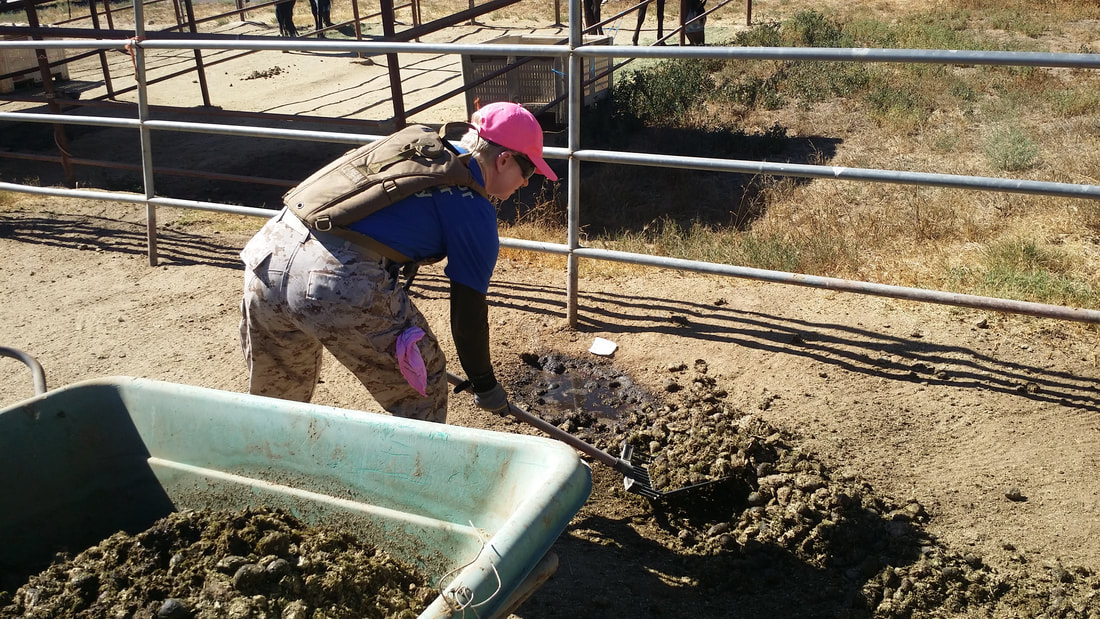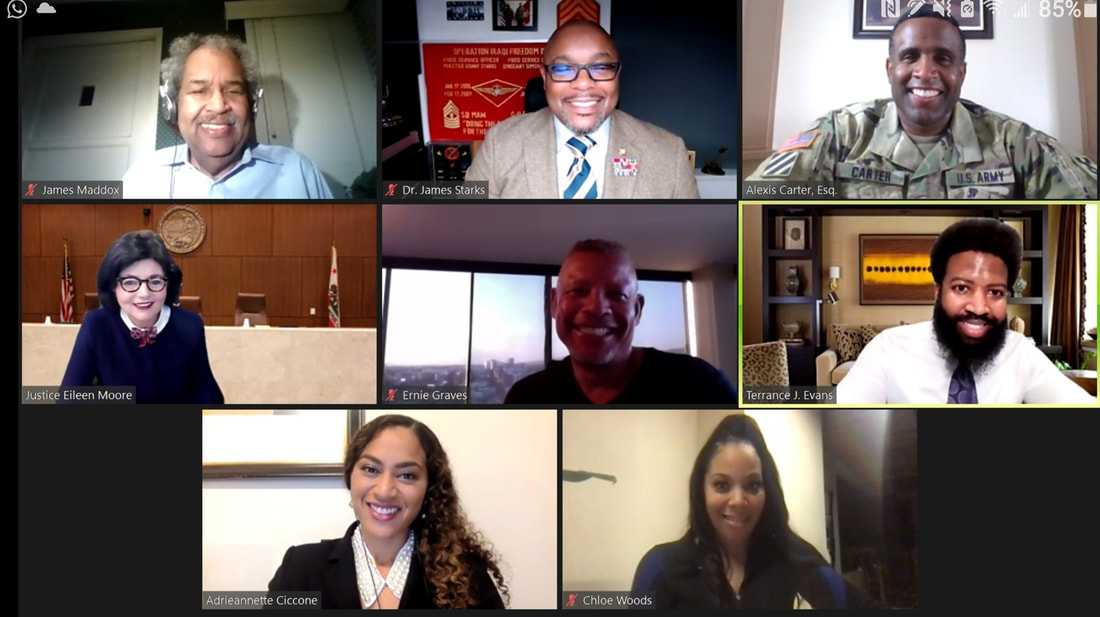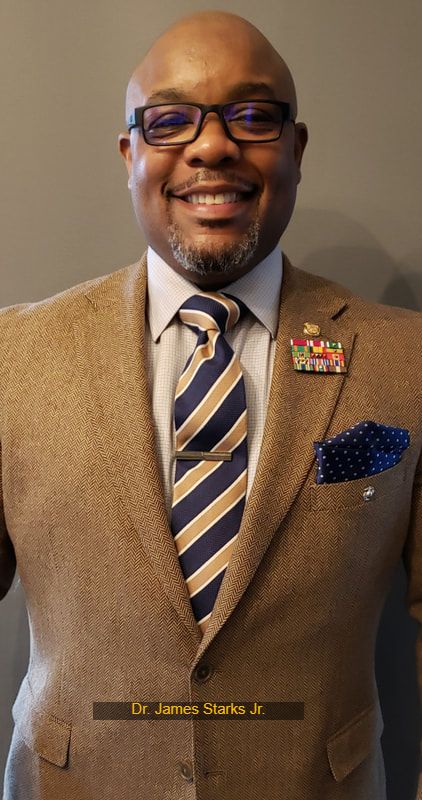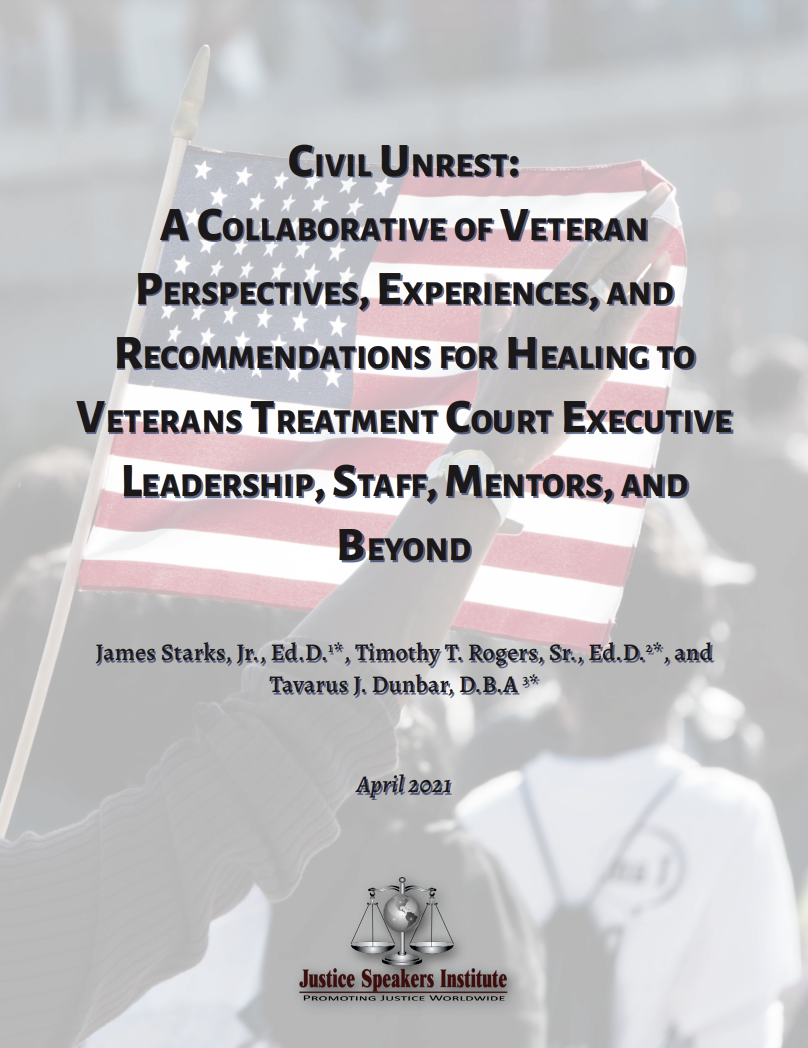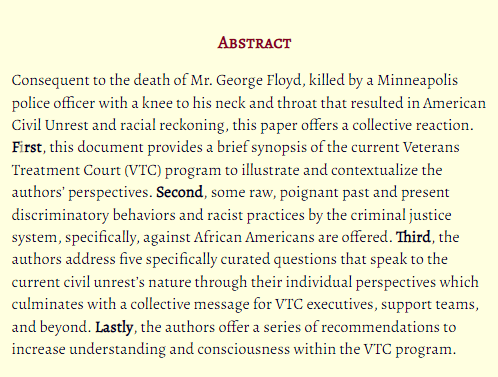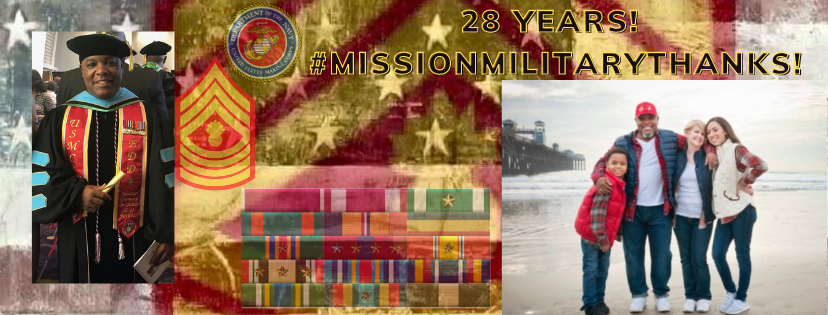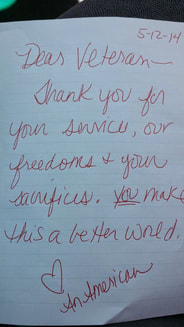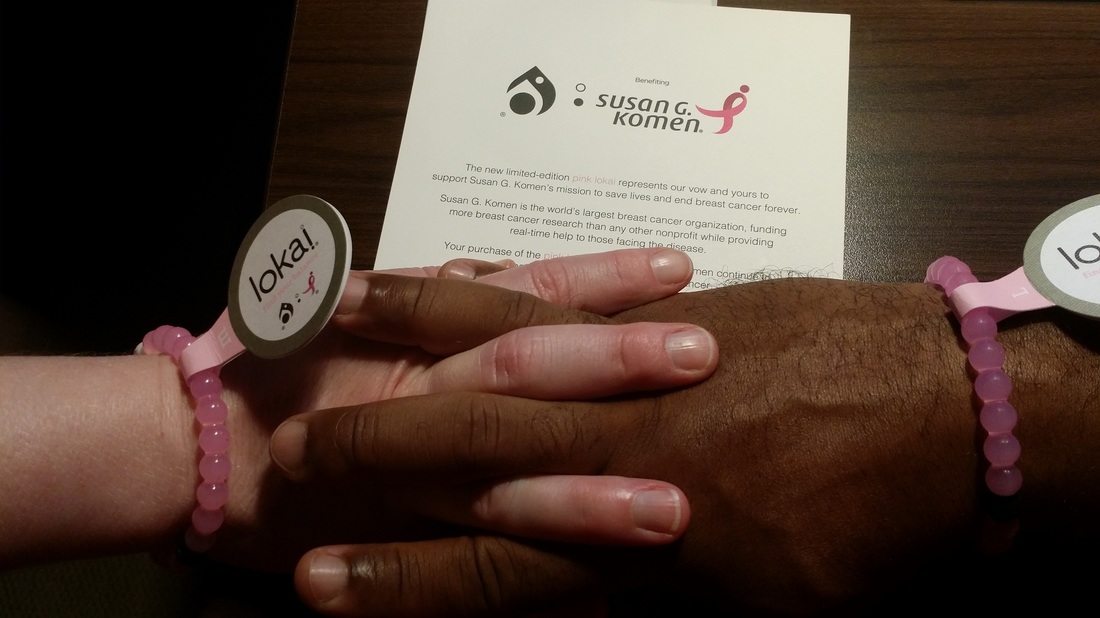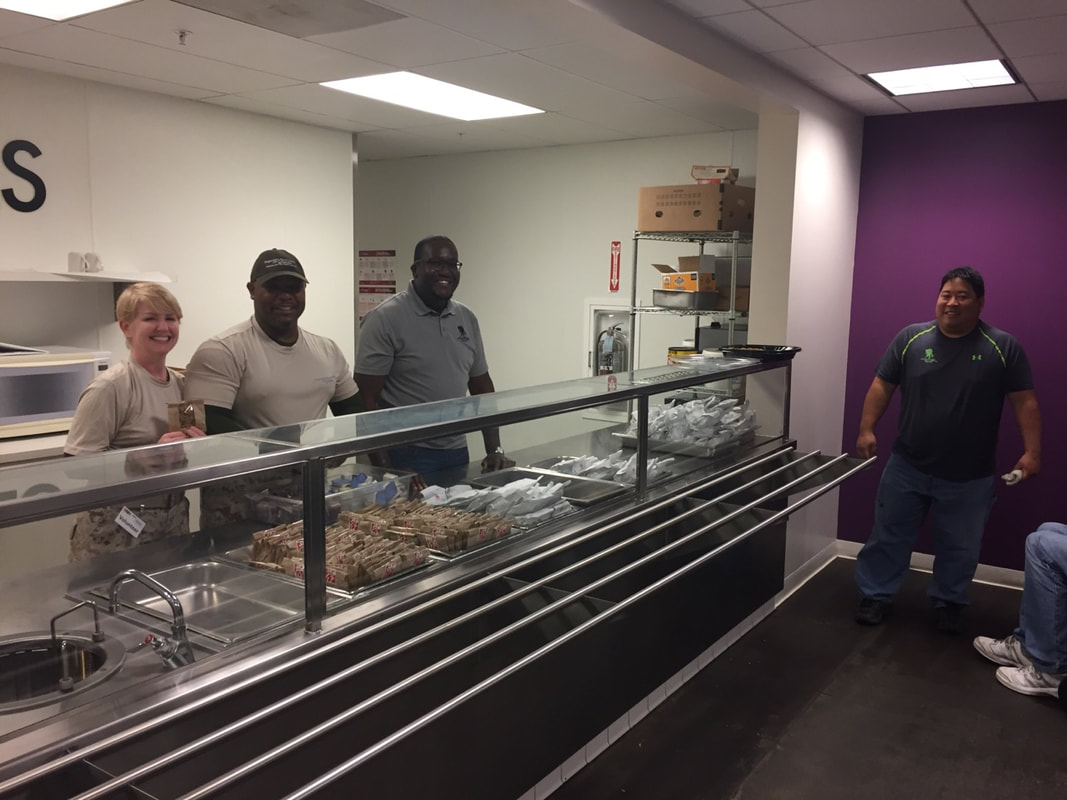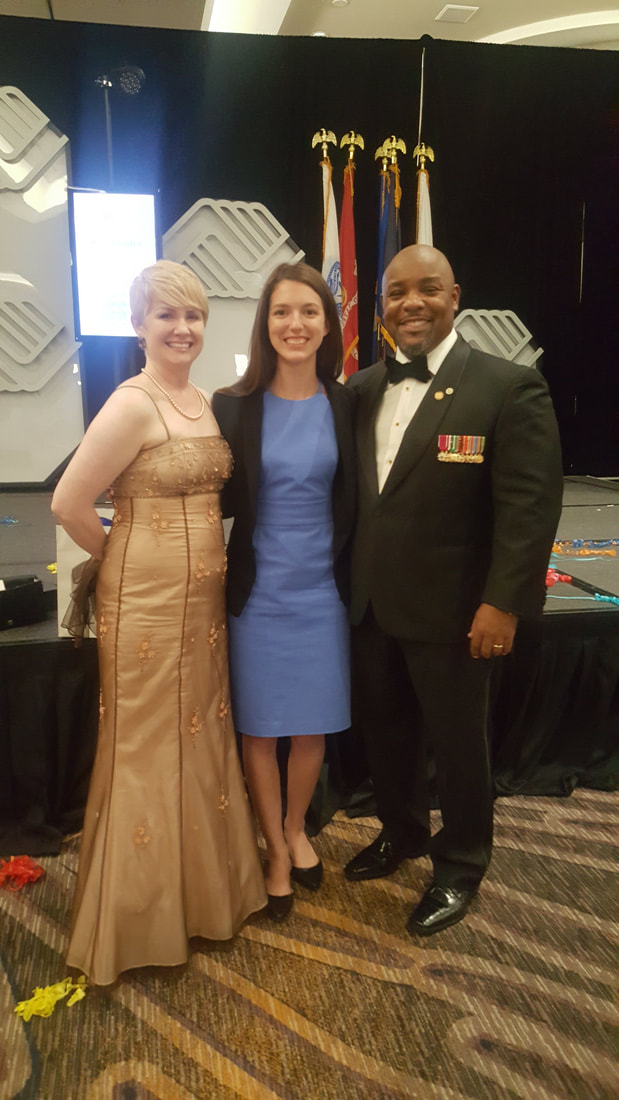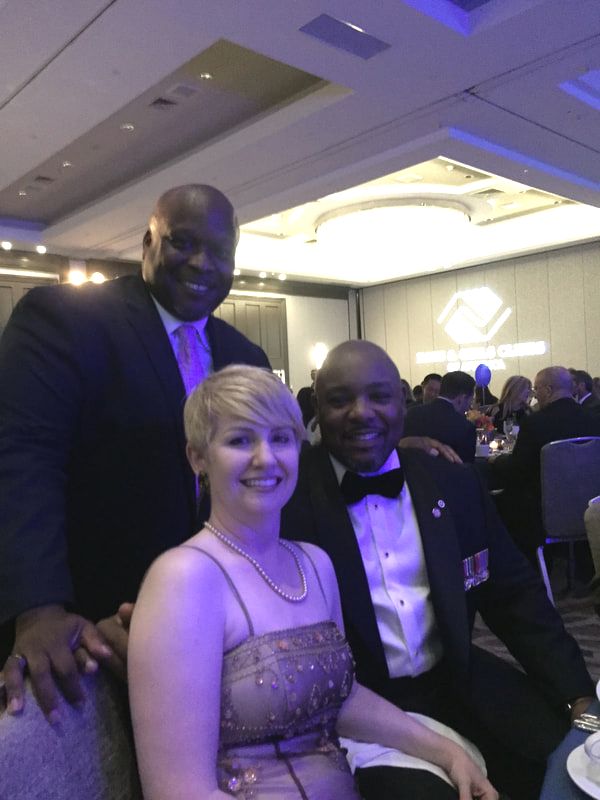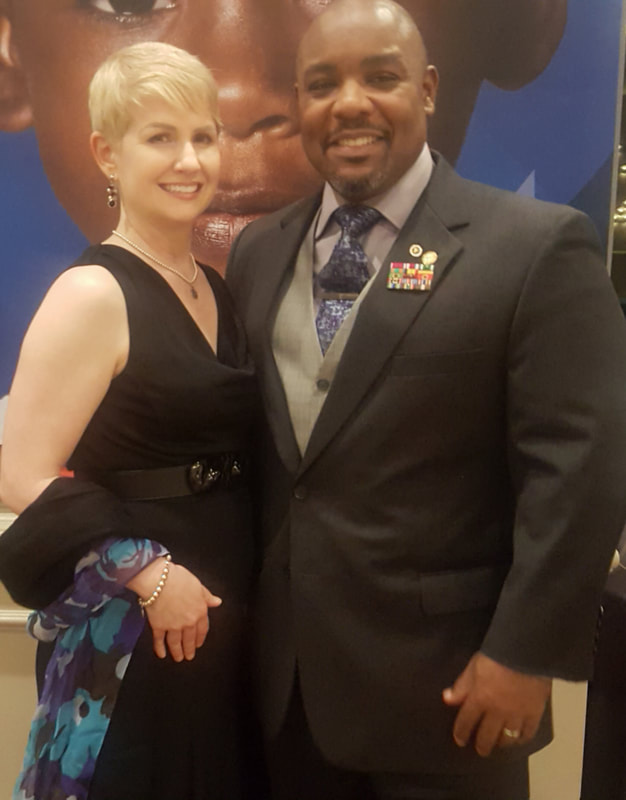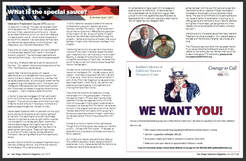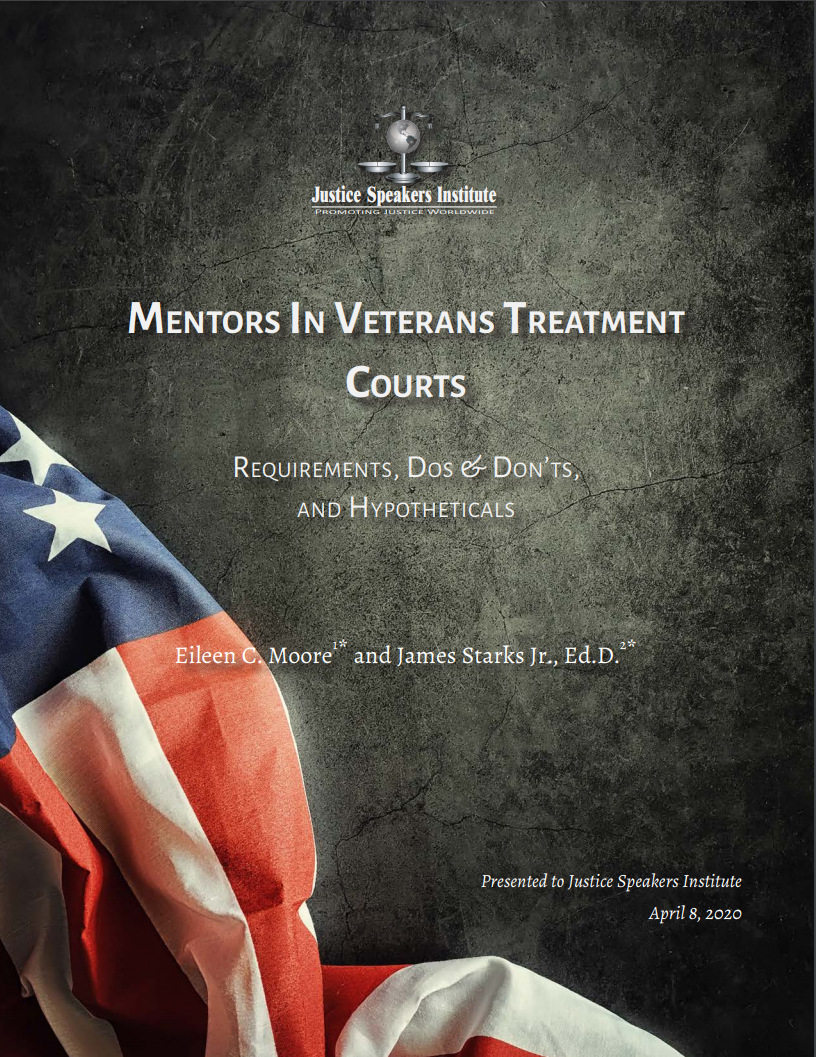Our Ways of Giving Back
When our clients help themselves with an organizing project,
we are able to give back to our community
Kathleen is a breast cancer survivor, after being diagnosed in 2011, as this is personal to us as it is to so many others. We are proudly committed to donate 5% of our net income as in-kind donations to breast cancer.
As a veteran owned business, we are equally committed to supporting youth development, as we are also avid supporters and volunteers of community outreach organizations which look to support transitioning youth within and outside our United States Armed Forces.
we are able to give back to our community
Kathleen is a breast cancer survivor, after being diagnosed in 2011, as this is personal to us as it is to so many others. We are proudly committed to donate 5% of our net income as in-kind donations to breast cancer.
As a veteran owned business, we are equally committed to supporting youth development, as we are also avid supporters and volunteers of community outreach organizations which look to support transitioning youth within and outside our United States Armed Forces.
|
Link to: Dr. James Starks Jr. Values and Purpose Video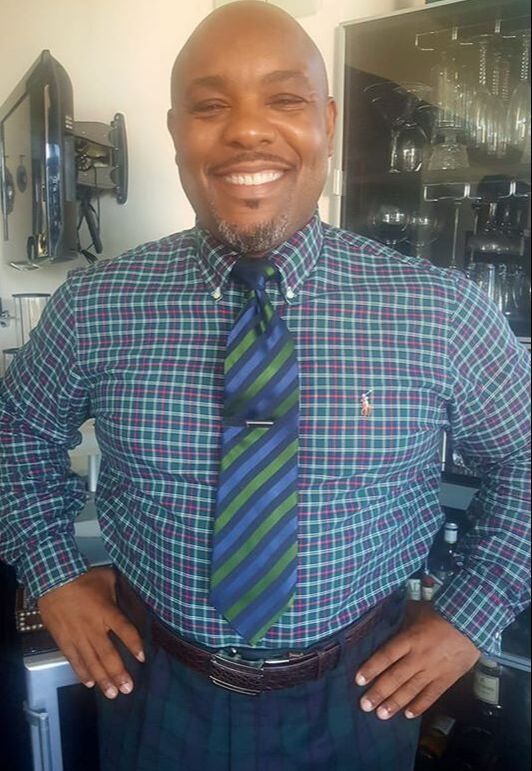
Dr. James Starks was honored to volunteer as a Lecturer to MCAS Miramar Education Center Assessing Higher Education (AHE) Workshop. During his 90 minute educational and inspirational lecture, Dr. Starks shared not only his personal experiences regarding his education journey, but also provided insight and encouragement, to military attendees, on the various elements associated with communication strategies and business ownership post military transition.
If you would like to view all or a portion of Dr. Starks' Lecture to a AHE Workshop please follow the below links: please follow the below links: 1. AHE Part #1 2. AHE Part #2 3. AHE Part #3 4. AHE Part #4 |
Another Publication!!
African American History:
Are Collaborative Courts abolitionist within the Judiciary?
by James Starks, Jr., Ed.D., MHR
PUBLISHED: TUESDAY, 15 FEBRUARY 2022
Abolitionists in America played a significant role in abolishing chattel slavery. They disagreed with the inhumane treatment and methodology of the slave trade model, which represented the status quo of the wealth generation. Abolitionists first understood needs and then developed strategies that assisted escaping slaves in multiple ways. From providing shelter and food, to fighting to change laws, abolitionists risked their coveted social status, and many times the physical safety of themselves and their families. Abolitionists were, and continue to be, part of the unsung heroes in African American history.
The abolitionist movement continues to be strong today and take on many forms, like Collaborative Courts that openly recognize and act regarding the disparities and challenges African American participants face, in addition to recovery needs.
Collaborative Court programs must continue to recognize the alarming gaps in many areas their African American participants must endure. Collaborative Courts that require job attainment for instance, to discourage criminogenic behaviors, must account for the enduring disparities in education, wealth, and access to equal justice.
Click here to read the full article
The abolitionist movement continues to be strong today and take on many forms, like Collaborative Courts that openly recognize and act regarding the disparities and challenges African American participants face, in addition to recovery needs.
Collaborative Court programs must continue to recognize the alarming gaps in many areas their African American participants must endure. Collaborative Courts that require job attainment for instance, to discourage criminogenic behaviors, must account for the enduring disparities in education, wealth, and access to equal justice.
Click here to read the full article
Black Words Matter, Too!:
Without Change, the Absence of Race Within Veteran Treatment Court Policies Will Continue to Destructively Impact African American Veterans.
by James Starks, Jr., Ed.D., MHR
PUBLISHED:
TUESDAY
07 FEBRUARY 2023
Veteran Treatment Courts (VTCs), one of several treatment court models, all create policies that govern their programs. VTCs are not impervious to acts that discriminate against African American veterans who are either participants or eligible to participate in their programs, thus, the time has come for changes in practices and policies, and wording is key. Policy changes surrounding race inequities should be the first stop for review by VTCs and their leadership teams.
I am so proud to offer this piece and hope that you too will appreciate and enjoy this content!
Click Here to Read Full Article!
Without Change, the Absence of Race Within Veteran Treatment Court Policies Will Continue to Destructively Impact African American Veterans.
by James Starks, Jr., Ed.D., MHR
PUBLISHED:
TUESDAY
07 FEBRUARY 2023
Veteran Treatment Courts (VTCs), one of several treatment court models, all create policies that govern their programs. VTCs are not impervious to acts that discriminate against African American veterans who are either participants or eligible to participate in their programs, thus, the time has come for changes in practices and policies, and wording is key. Policy changes surrounding race inequities should be the first stop for review by VTCs and their leadership teams.
I am so proud to offer this piece and hope that you too will appreciate and enjoy this content!
Click Here to Read Full Article!
The President's Volunteer
Service Award
James volunteered more than 1,000 hours in 2014, earning him this award GOLD status. He is on his way to the top award of the Lifetime Achievement Award of 4,000 hours.
Wounded Warrior Project
We are proud to be a part of the Wounded Warrior Project family. We look forward to attending more events. This event we went to was
October 20, 2015
October 20, 2015
Beach Cleanup
Horse Rescue
Helping a Veteran clean stables at her horse rescue Tearsong's Equine Athletes, Rescue and Sanctuary in Ramona, CA
July 2016
July 2016
Dr. Starks was honored to be part of this panel!
Presented by
The California Lawyers Association Racial Justice Committee
Veteran's Voices:
A Closer Look into the African American Armed Forces Experience
Mar 25, 2021
Link to Panel Discussion:
African Americans have served honorably in the U.S. Military since its inception. Even while enslaved, and subsequently during the height of anti-Black Jim Crow discrimination, Black service men and women put their lives on the line to protect a country that has often not treated them with the dignity and respect that they deserve. This Town Hall will honor the service of Black veterans and provide insight into the African American military experience. We will feature retired enlisted service members, retired and active duty JAG officers, a California Appellate Justice who served in combat, and members of the civilian community. Please join us for this amazing program. Elimination of Bias MCLE credit is pending.
Opening Remarks
Terrance J. Evans
Moderator
Justice Eileen Moore
Panelists
Dr. James Starks Jr.
Mr. Alexis Carter
Mr. James Maddox
Mr. Ernie Graves
Ms. Chloe R. Woods
Opening Remarks
Terrance J. Evans
Moderator
Justice Eileen Moore
Panelists
Dr. James Starks Jr.
Mr. Alexis Carter
Mr. James Maddox
Mr. Ernie Graves
Ms. Chloe R. Woods
New 2021 Publication Just Released!
Dr Starks is excited about this new work on perspectives of mentors to Veterans Treatment Courts; yet another area in which he volunteers!
Document Link:
Civil Unrest:
A Collaborative of Veteran
Perspectives, Experiences, and
Recommendations for Healing to
Veterans Treatment Court Executive
Leadership, Staff, Mentors, and
Beyond
Document Link:
Civil Unrest:
A Collaborative of Veteran
Perspectives, Experiences, and
Recommendations for Healing to
Veterans Treatment Court Executive
Leadership, Staff, Mentors, and
Beyond
Another Publication!
Veterans Day 2022
Are Veterans Serving as Mentor Coordinators and Volunteer Mentors in Veteran Treatment Courts Equal?
by James Starks, Jr., Ed.D., MHR
PUBLISHED:
TUESDAY
8 November 2022

Who is a Veteran? Utilized by the Veterans Administration, 38 U.S.C. 101 (2) outlines the definition of a Veteran. Contextually, a Veteran is any individual who served in the active component of the US Military and was discharged or released therefrom under conditions other than dishonorable. A Veteran can also be a Reservist or member of the National Guard called to Federal active duty or disabled from a disease or injury incurred or aggravated in line of duty or while in training status.
The purpose of sharing the previous is to highlight the various ways one can earn Veteran status. One must be a Veteran to serve as a mentor in a Veteran Treatment Court (VTC). Thus, VTCs must remain cognizant that not all Veterans are equal, and varying levels of service must be taken into consideration. This article highlights some anomalies and possible challenges VTCs should understand and address, when it comes to Mentor Coordinator (MC) and volunteer mentor recruitment.
Click here to read the full Article
A kind note
This was a note left on our car, which
was parked in a parking lot, from an unknown patron.
We will always cherish this note.
was parked in a parking lot, from an unknown patron.
We will always cherish this note.
Breast Cancer Awareness
A gift from our oldest daughter, TahNeesha for Breast Cancer Awareness Month October 2015. Please remember to get your mammogram - it can save your life like it did for Kathleen.
PATH San Diego
(People Assisting the Homeless)
PATH provides the support homeless veterans need in order to successfully transition from living on the street to thriving in homes of their own. We support the homeless in San Diego by serving them lunch every month, provided by James Johnson of the Wounded Warrior Project. What great people we meet every month!
Boys and Girls Club
of America Pacific Region
Military Youth
of the Year 2017 Event
This event took place in
San Diego on
August 4, 2017.
We were honored to be a part of
this yearly event. www.501auctions.com/pacmyoy
San Diego on
August 4, 2017.
We were honored to be a part of
this yearly event. www.501auctions.com/pacmyoy
2018 BGCA 112th National Conference April 16th - 20th in Beautiful San Diego, Ca!
What a wonderful event and such inspiring professionals who support our youth of today- Gladys Knight even performed!
San Diego Veterans Magazine May 2019
James was featured in the SD Veterans Magazine for his volunteerism with Courage to Call.
Check out the article here on
page 44 for the article and how you too can look to serve!
James currently proudly mentors two veterans in need!
Check out the article here on
page 44 for the article and how you too can look to serve!
James currently proudly mentors two veterans in need!
Dr. James Starks Jr. is proud to offer a co-authored contribution to the Veteran Treatment Court field specifically on Mentors!
April 8, 2020
Mentors In Veterans Treatment Courts: Requirements, Dos & Don’ts, and Hypothetical's
Document Link:
Justice Speakers Institute
Synopsis:
The role of a mentor in a Veterans Treatment Court (VTC) is not always clear. Further, there are many universal and diverging mentor qualifications and responsibilities specific to each individualized VTC program (Arno, 2015), thus, the mentor’s job is essentially a moving target.
Serving may be very different for each veteran mentor, as the mentor’s role may also evolve during the mentor’s relationship with his/her VTC mentee. However, mentors are often left with making difficult decisions related to understood or implied boundaries in reporting mentee issues or concerns. Some VTC programs require mentors to act in the same capacity as well-known Alcoholics Anonymous (AA) sponsors (Douds & Hummer, 2019) who look to assist mentees in making the best decisions individually, while refraining from sharing any illegal behaviors outside of self-harm or harm to others (Lucas, 2018). Other VTC programs have infused strict guidelines in requiring mentors to report all violations of program requirements to the VTC team via their mentor coordinator. Still others allow discretion for mentors to report as they deem necessary, outside of self-harming concerns or harm to others. Research that discusses or studies VTC mentors specifically is limited, though information is slowly emerging (Baldwin, 2013; Douds & Hummer, 2019; Huskey, 2017; Lucas, 2018). Therefore, it is important to understand current practices VTCs are implementing to assist in clarifying requirements, roles, and reporting procedures for mentors.
As a position and observation, guided by descriptive and cross analysis type techniques, this article will first discuss some universal and divergent requirements of a VTC mentor within four VTC programs of convenience (i.e., Orange County California Veterans Treatment Court [OCC VTC], 2019; San Luis Obispo County California Veterans Treatment Court [SLOVTC], 2014; Southern District of California Veterans Treatment Court [S.D. Ca. VTC], n.d., and Yellowstone Billings County Montana Veterans Treatment Court [YC VTC],
n.d.). Second, the authors list some Dos and Don’ts for mentors who lack or seek direction.
Third, through created hypothetical scenarios, the authors provide directionless mentors recommended actions in response based on the structures of each VTC program. Fourth, the
authors, based on the VTC programs viewed, propose a collective mentor profile. Finally,
recommendations for research that focuses specifically on the VTC mentor position are
delineated
Copyright © 2014-2022 | Organizing Resolutions | All Rights Reserved


